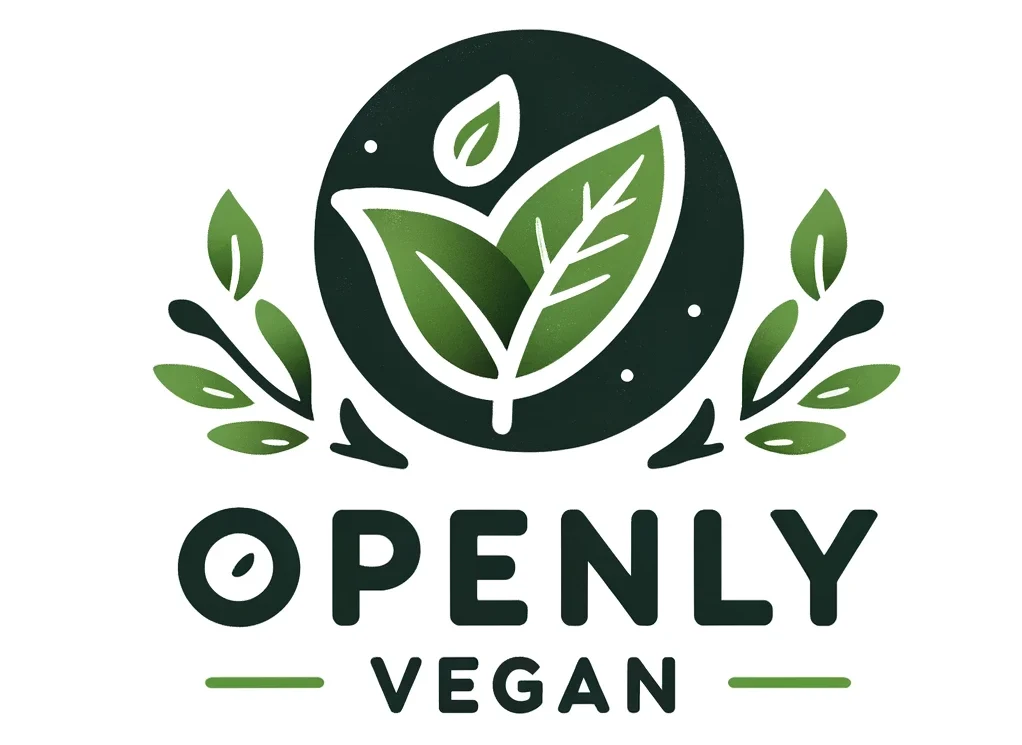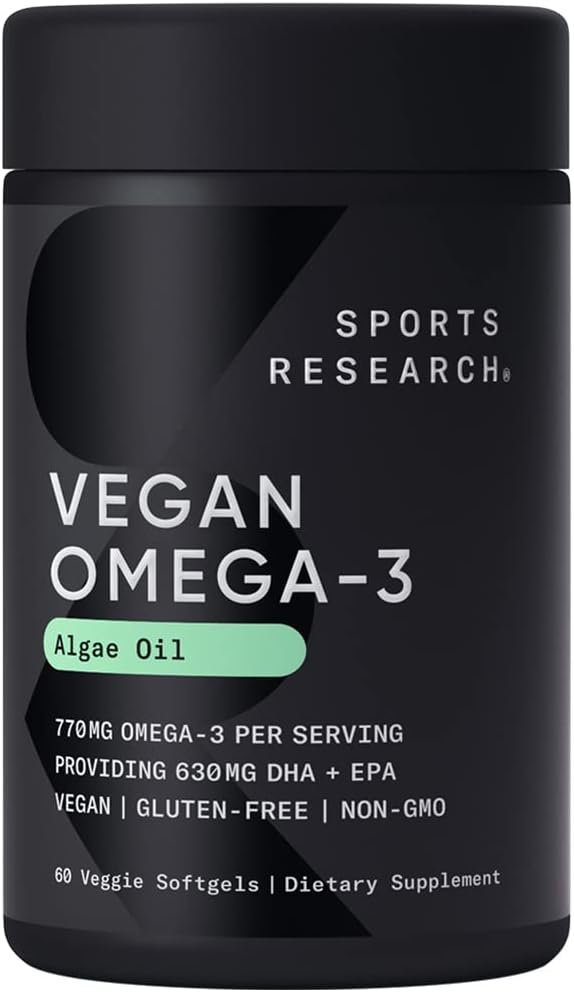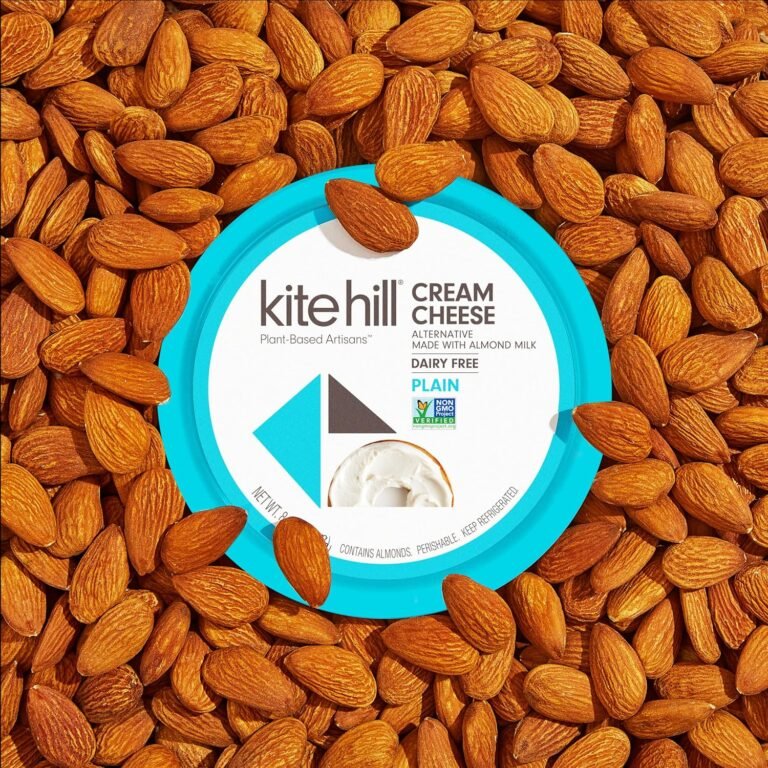Should Vegans Take Creatine
Creatine is a well-known supplement among athletes, particularly for its benefits in anaerobic sports like weightlifting and sprinting. As a vegan, you might wonder if creatine supplementation is necessary for you and whether vegans should take creatine. Let’s delve into the findings from recent research to help answer this question.

Let’s First Break Down the Role of Creatine
Creatine is a naturally occurring compound found primarily in muscle cells. It plays a crucial role in energy production, particularly in high-intensity exercise and muscle contraction. Here are some key functions and benefits of creatine:
- Energy Production: Creatine helps produce adenosine triphosphate (ATP), the primary energy carrier in cells. During short bursts of intense activity, like sprinting or weightlifting, ATP is rapidly depleted. Creatine phosphate donates a phosphate group to ADP to quickly regenerate ATP, providing a quick source of energy.
- Enhanced Athletic Performance: Supplementing with creatine can increase phosphocreatine stores in muscles, allowing athletes to perform at a higher intensity for longer periods. This leads to improvements in strength, speed, and muscle mass.
- Muscle Growth: Creatine has been shown to stimulate muscle growth by increasing the water content of muscle cells (cell volumization), which can promote protein synthesis and reduce muscle breakdown.
- Improved Recovery: Creatine supplementation can help reduce muscle cell damage and inflammation following intense exercise, thereby aiding in faster recovery.
- Cognitive Benefits: Some studies suggest that creatine may enhance brain function by increasing the availability of energy to brain cells, which could improve memory and cognitive performance.
- Support for Certain Medical Conditions: Creatine is being studied for its potential benefits in managing neurological diseases like Parkinson’s and muscular dystrophy due to its neuroprotective properties and ability to support muscle health.
Creatine is a naturally occurring compound primarily stored in muscles, where it plays a crucial role in producing energy during high-intensity, short-duration activities such as gym workouts. It’s naturally found in animal products like meat and fish, meaning vegans typically have lower dietary creatine intake.
You may also be interested in: Best Vegan Pre Workout Powder
Do vegans have lower creatine levels?
Creatine is a compound primarily found in animal products such as meat and fish, and it plays a crucial role in energy production, particularly in muscle cells. Since vegans do not consume these animal-based foods, their dietary intake of creatine is minimal to none.
As a result, the body’s creatine levels in vegans are generally lower unless they supplement with creatine. Some studies have shown that creatine supplementation can have various benefits, such as improving exercise performance and cognitive function, even in vegan individuals. Let’s look at that next…
Research Findings
A systematic review of studies on creatine supplementation in vegetarians, including vegans, provides valuable insights:
- Baseline Creatine Levels: Vegans tend to have lower baseline levels of creatine in their muscles compared to omnivores. This deficiency can impact performance in activities relying heavily on the anaerobic energy system.
- Supplementation Benefits:
- Increased Muscle Stores: Vegans can achieve higher creatine stores with supplementation, sometimes even surpassing the levels seen in omnivores.
- Improved Performance: Creatine supplementation has been shown to enhance muscle strength, endurance, and overall performance in high-intensity activities.
- Cognitive Benefits: Studies indicate that creatine may improve brain function, including memory and intelligence, which could be beneficial beyond just physical performance.
- No Significant Brain Differences: Interestingly, research shows no significant difference in brain creatine levels between vegans and omnivores, suggesting that brain function improvements might be due to other mechanisms.
- Response to Supplementation: Vegans appear to respond better to creatine supplementation than omnivores, likely due to their lower initial creatine levels, leading to more pronounced benefits.
Practical Considerations
Supplement Quality: Vegans should choose creatine supplements that are labeled as “vegan-friendly,” avoiding those in gelatin capsules.
Dosage: A typical regimen involves an initial loading phase followed by a maintenance dose. Consulting with a healthcare provider for personalized advice is recommended.
In conclusion, vegans may benefit from supplementing their diet with creatine.
While a well-planned vegan diet can meet most nutritional needs, creatine is an exception where supplementation could offer substantial benefits, especially for those involved in high-intensity sports. Given the documented advantages in muscle performance and cognitive function, vegans might find creatine supplementation a worthwhile consideration to optimize their athletic and mental performance.
For more detailed information, refer to the study “Benefits of Creatine Supplementation for Vegetarians Compared to Omnivorous Athletes: A Systematic Review.“
References:
- Kaviani, M., Shaw, K., & Chilibeck, P.D. (2020). Benefits of Creatine Supplementation for Vegetarians Compared to Omnivorous Athletes: A Systematic Review. International Journal of Environmental Research and Public Health, 17(9), 3041. DOI: 10.3390/ijerph17093041.







